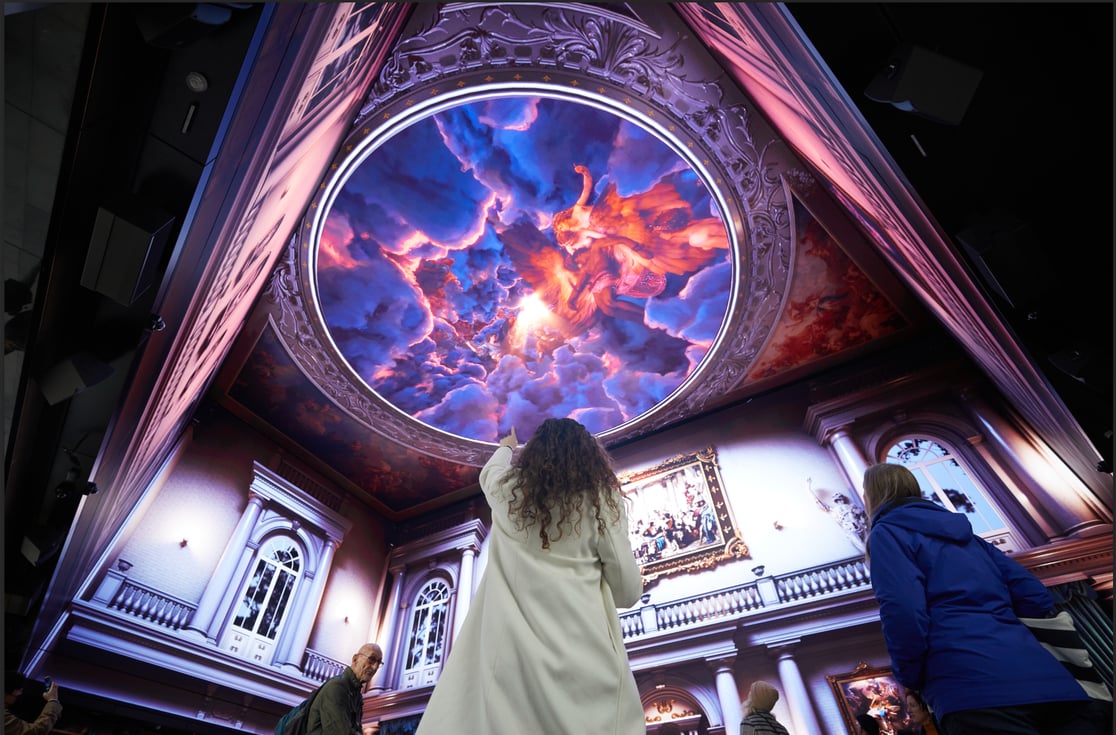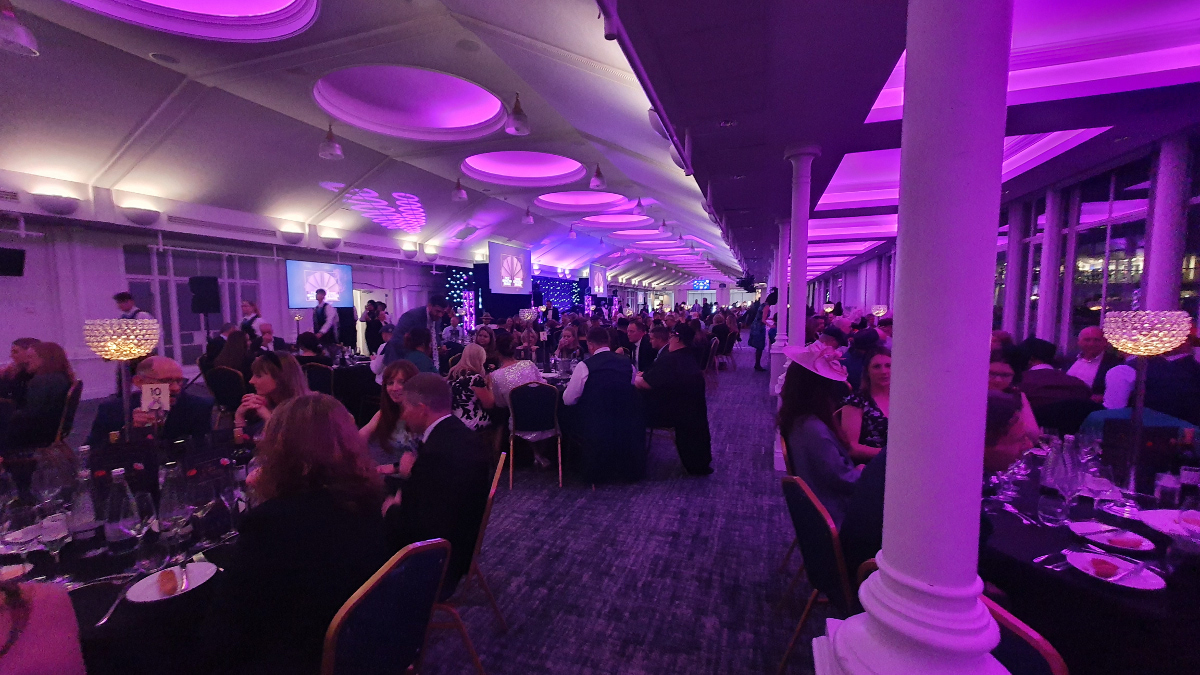Press
Measuring Event Marketing ROI – the “Fine Line” for Future Success

Earlier this month, Meshh CEO Caroline McGuckian had this kicker of a quote in a Limelight Platform original article about measuring event marketing; “There is a perfectly good business in being second .... because they'll have learned from the first people's mistakes. They'll be much more commercial, much more sensible, much more efficient, much more prepared. So, I want to be the second person to land on Mars."
Here, McGuckian expands on that idea, offering some thoughts on how clients have the chance to be “first to Mars”—and what they should look out for on that journey.
Let’s take this out of the Bezos/Branson realm. What you're saying is you'd rather learn from others’ mistakes than make them yourself first?
Partly, but it's also that people at the bleeding edge are often creating technology for the sake of it and haven't worked out applications [for it] that people need.
How so?
Just because you can do something doesn't mean that you should. Your fridge can tell you whether you need milk, but is that overly meaningful? Technology can do a lot of things, but the use cases for it need to be in line with an identified customer need. I often find that the people who are first are either answering a very niche case, or they're on a self-indulgent journey. It’s the people who come after who understand how to actually turn it into something useful in today's world.
Is there an example you can cite?
At the moment, the one for me is the driverless car. People like driving, people like that experience. So, we're creating technology to remove something that people generally consider a positive, enjoyable experience. And it's because somebody decided that this would be a good idea. Probably based on a movie that they saw as a child.
What about an example where second was better than first?
Google wasn't the first search engine. The first search engines don't exist anymore. The AltaVistas, they're all gone. So, if you look at the technology that entered the market after that, Google is the best example.
You don't think there's necessarily a lot of cachet in being first to market or winning a race in business?
I don’t think being first is a defining business strategy. Of course there's a bit of cachet, depending on your vertical and depending on who you are, and of course you get to say ”I was first” in your collateral. But then everybody is an award-winning blank or a market-leading blank or a globally successful blank or a top-three provider of blank…Those are self-declared statements, there are plenty of them. Everybody does it.
I don't think you have to be first to be the winner. It’s a risk, but you don't have to be first to build a successful product or business.
Since Limelight Platform acquired Meshh, a lot of the messaging has been about how the core products offering is the first of its kind. Doesn’t that essentially mean you’re the first to Mars? We’re not the first to Mars. We are the first business to really look at and unify passive and active data. If it’s important to our clients, they have the opportunity to be first to Mars.
But I will be really disappointed if “first” is why they buy us. They should choose us because we’re a combined entity—the information we provide and the context we give is more than one plus one; it's the sum of the parts.
Can you explain that in more detail?
A lot of companies do bits of measurement and, to varying degrees of success, a lot of discerning clients have tried to put all of those bits together. It's easier to engage and transact with somebody who owns the entire data journey rather than shoving together a bunch of different suppliers and trying to make sense of it yourself.
We're meeting a market need—which is the ability for clients to engage with measurement, from active to passive—and making it easier for them.
How do you avoid being your industry’s version of AltaVista?
We will continue to innovate. This is not the end of what we are attempting to do. It's not the last product we're going to launch. And it's not the last dot we're going to connect. This is the start of the data journey.
With that in mind, what’s next for Limelight Platform?
For us it’s always going to be about pragmatic iteration—building things that make a difference; developing data propositions that make a difference; and not getting too caught up in
measuring things for the sake of it, both as technology providers and also as clients. If you can't action it, it's just a spreadsheet…you've got to question whether you're wasting your time in the first place.
We don't want to be a measuring business; we want to be a business that helps clients take action on measurements.
Any thoughts on the future of the industry?
There's consumer risk with any kind of measurement. Let's not forget that every target, every collection point is a person. That’s your mom or your kid or your best friend. And those human beings have become considerably more savvy about data and the value of their personal information.
You can look at behaviors and you can start to draw conclusions and alignments based on patterns and data. That doesn't mean that you need to track Jack from the front door and around the place, then tally that up with whether or not he bought a drink or a hat or entered a contest and went home by Uber. That’s what a marketer wants, not what Jack wants.
If you're going to push measurement to the edge of a consumer’s level of comfort with what he/she is prepared to give you, voluntarily or involuntarily, you’d better make sure that it’s worth their while—and improving your marketing ROI isn’t necessarily worthwhile to the human being you are measuring.[JG1]
There is a fine line. We need to be very careful as an industry that we're doing what Jack wants. And I think the first to get caught doing what they want, not what Jack wants, will want to be second that day.
If you need a simple, scalable way of collecting visitor behavior data in any physical space, we’d love to hear from you and you can follow us here on linkedin for updates.
Contact us
Ready to Transform Your Space
"*" indicates required fields


